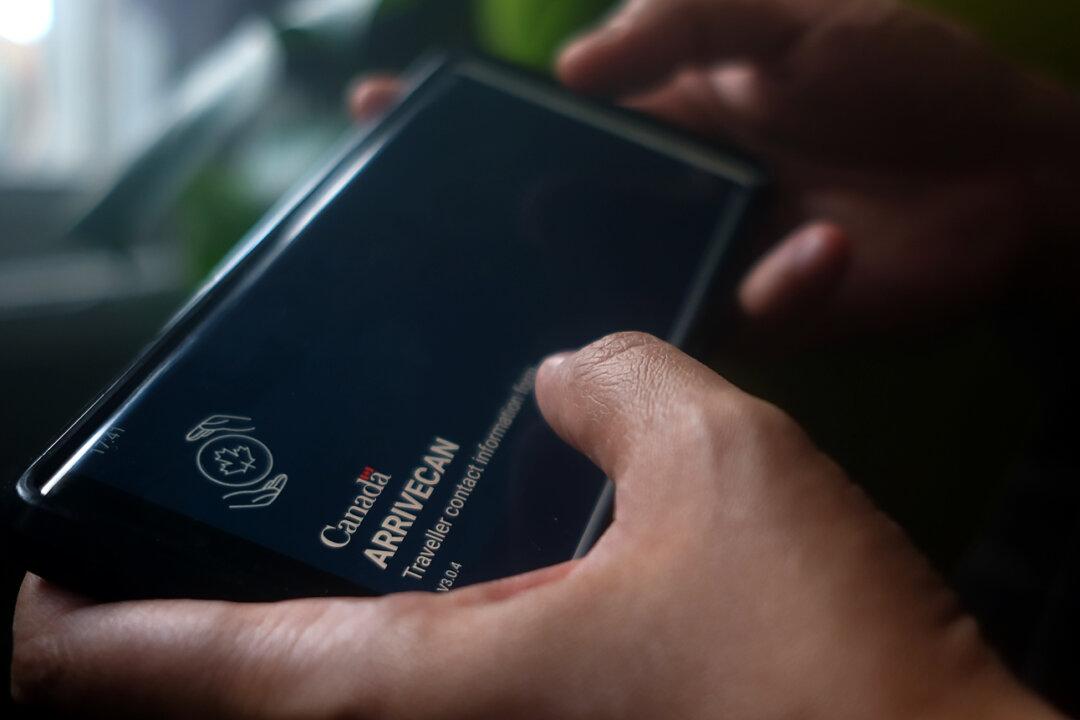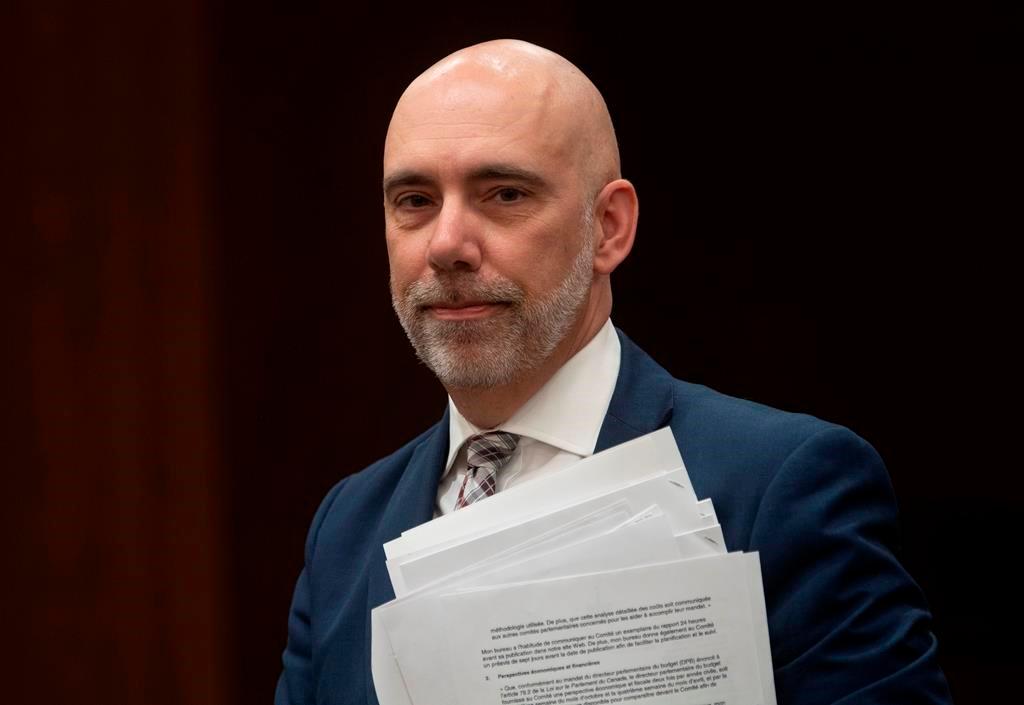Public Services and Procurement Canada (PSPC) says it has suspended the security status of GC Strategies, the company at the heart of the ArriveCan scandal.
The suspension bars GC Strategies from participating in all federal procurements with security requirements. The move follows PSPC’s November 2023 decision to suspend the company from participating in its procurement processes.






